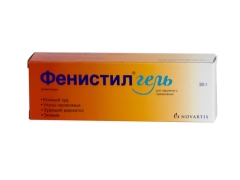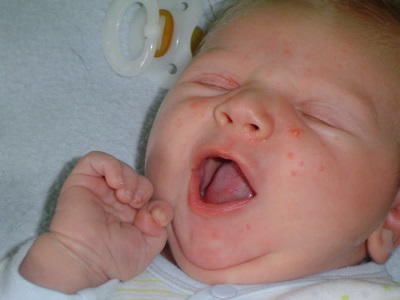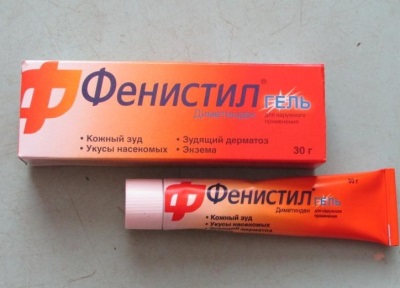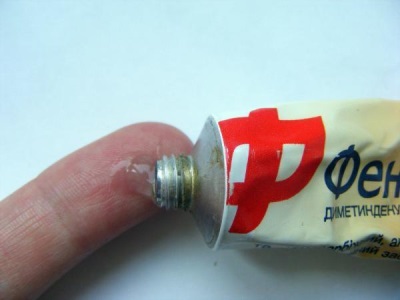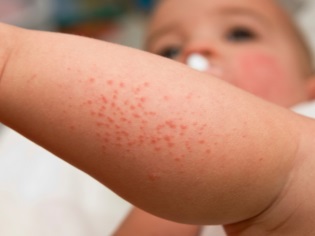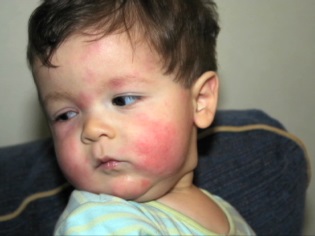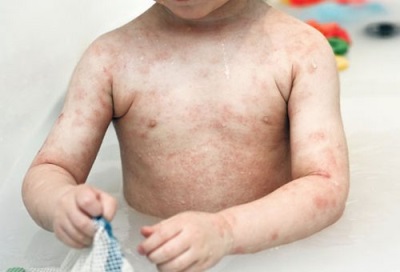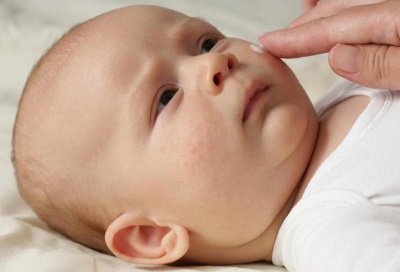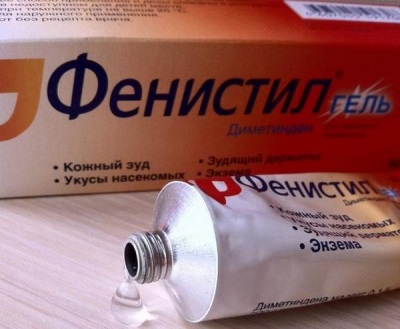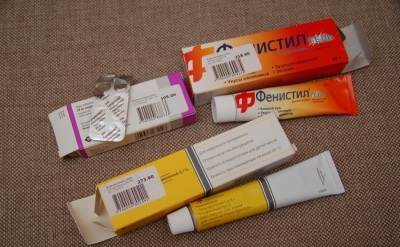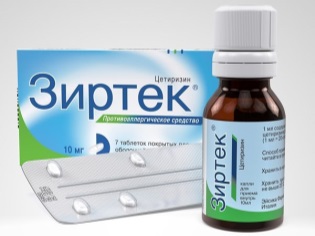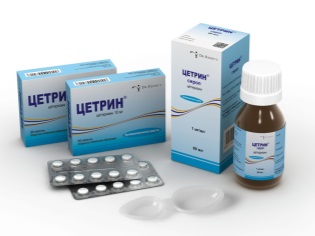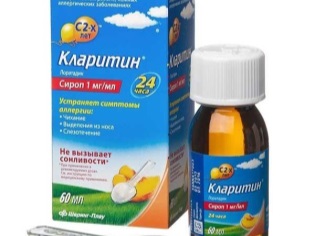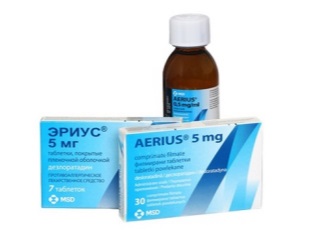Fenistil Gel: instructions for use for children
Allergies in childhood are most often manifested by a reaction on the skin, therefore, to eliminate its symptoms, use drugs with local action in the form of gels or ointments. One of the popular drugs is Fenistil Gel, which is a very popular antihistamine remedy. Can I use it in childhood and how to do it correctly?
Release form and composition
The drug is produced in aluminum tubes packed in a carton box. On sale in pharmacies are tubes in which contains 30 or 50 grams of gel. Inside the tube of this medication contains a transparent gel-like substance without color and almost odorless.
The main component of this drug is dimetinden maleate, which contains 100 mg in 100 grams of gel, that is, its concentration is 0.1%. Additional compounds are water, sodium hydroxide, propylene glycol, carbomer, benzalkonium chloride and edetate disodium.
Act
Fenistil Gel has antiallergic local effects.
It helps eliminate itching and relieves irritation caused by an allergic reaction. In addition, a local anesthetic effect and a small cooling effect are noted in the gel.
The gel is fairly well absorbed by the skin and begins to act after application within a few minutes, and the maximum effect of the gel is observed after 1-4 hours. In this case, the active substance is absorbed into the blood in an amount of up to 10%, due to which side effects from its use occur much less frequently than that of phenystil in drops.
Indications
This drug is prescribed in children with:
- Dermatosis, a symptom of which is itching.
- Itching after an insect bite, for example, from mosquito bites.
- Hives.
- Eczema caused by allergies.
- Light household or sunburn.
- Infections with an itchy rash, such as measles or chickenpox.
With the preventive purpose, Fenistil gel can be used after vaccination, and before vaccination to a child for 3-5 days they give this drug in drops. Although many doctors believe that such preparation for vaccination is not needed if the crumbs have a tendency to allergic reactions, some parents prefer to play it safe and use Fenistil.
Contraindications
The use of Fenistil Gel is contraindicated in such situations:
- If the child is less than 1 month old.
- If a kidney has a closed-angle eye disease such as glaucoma.
- If the child has intolerance to any component of the gel.
- If itching in a child is caused by cholestasis.
- If the skin lesions are very extensive.
Application features
- The affected skin is treated with Fenistil Gel two to four times a day.
- The gel is applied in a thin layer only on the affected areas.
- When treating the face, it is important to prevent the drug from getting into the eyes, as well as into the baby’s mouth.
- Gel should not be lubricated with a large area of the skin, especially when it is bleeding and inflamed.
- After smearing the skin with gel, the direct rays of the sun should be avoided.
- With severe itching or with extensive skin lesions, antihistamines are also prescribed orally.
- Treatment continues until the symptoms of skin lesions disappear.
- The drug should be stored in a place where the child will not get it. In this case, the storage temperature should not exceed + 25 ° C.
- If the symptoms of allergy after the use of Fenistil Gel for 3-4 days do not pass, you should consult a doctor. You also need to consult a doctor in a situation if the use of the gel has increased the severity of symptoms.
- Applying the gel Fenistil, you need to remember that this is only a symptomatic treatment of allergies, so you should simultaneously identify allergens and try to eliminate their contact with the body of the child.
Can it be used for newborns?
Fenistil, produced in the form of a gel, like the drug in the form of drops, is not used in infants during the neonatal period, especially in those who were born prematurely. The use of such drugs is permissible only in children older than 1 month, but even in infants who are already one month old, the use of antihistamines such as Fenistil should be very careful.
Prescribing Fenistil babies younger than a year should be a doctor, because this medicine has its own contraindications and often causes adverse reactions.
Reviews
In 90% of cases of using Fenistil in the form of a gel, parents respond positively to it. They emphasize that the tool quickly removes red spots, swelling, itching, rashes and other manifestations of allergy. Also, the drug is praised for its rapid action in the treatment of mosquito bites.
However, in some cases, parents note that Fenistil gel does not help. This situation often occurs with non-allergic rashes, for example, with abrasions and other mechanical skin irritations. Also, many complain that the effect of the drug is not long, forgetting that such a gel does not eliminate the cause of the allergy, but only removes its skin manifestations.
Among the side effects Fenistil Gel parents often note dry skin and the appearance of burning. Itching and rash at the site of application of the drug occur very rarely, but such cases occur.
Cheaper analogues
Prices for gel Fenistil in different pharmacies vary in the range of 330-550 rubles for a tube of 30 grams and 450-700 rubles for a package of 50 grams. And therefore, many mothers are interested in whether it is possible to replace such a drug with a more affordable analogue.
For the replacement of Fenistil Gel in case of allergic reactions with severe itching and rash, the following drugs are suitable:
- Zyrtec - antiallergic medicine prescribed to children from the age of 6 months in drops and from 6 years of age in tablets.
- Zintset - antihistamine in syrup, which is given to children over 2 years old.
- Tsetrin - highly effective drug for allergies, produced in syrup (appointed from 2 years of age) and in pill form (prescribed for children over 6 years old).
- Zodak - antiallergic agent used in children from 12 months (in drops) and from 6 years of age (in coated tablets).
- Claritin - prescribed from 2 years of age antiallergic drug in syrup, which is also available in tablets intended for children over 3 years old.
- Parlazin - Allergy medicine in drops (prescribed to children older than a year) and in pill form (discharged to children from 6 years of age).
- Erius - antiallergic medication in syrup, prescribed to babies over 12 months old, as well as in tablets recommended for children over 12 years old.
